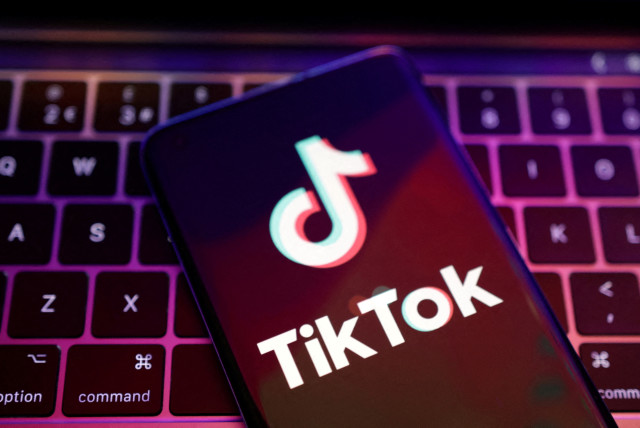US lawmakers tell Apple, Google to be ready to remove TikTok from app stores on Jan. 19

This move comes amid concerns about Chinese espionage targeting American users.
Will TikTok be finally banned in the US? Two American congressmembers have called for the removal of the Chinese video app from app stores in the United States, a move that could reshape the digital landscape in the country.
In a letter sent to the CEOs of Apple and Alphabet Inc., Google's parent company, Republican and Democratic members of Congress are demanding strong action against the popular social media app, citing serious security risks.
In their letter, John Moolenaar, Chairman of the House Committee on the Chinese Communist Party, and Raja Krishnamoorthi, a Democratic congressman, wrote that TikTok should be removed from the stores by January 19, following a recently passed federal law. The law requires the Chinese company ByteDance, the owner of TikTok, to sell the app or face a ban on its operations in the United States.
According to the lawmakers, "Congress is working diligently to protect US national security and ensure the safety of American users from the Chinese Communist Party." At the same time, they have reached out to TikTok's CEO, Shou Zi Chew, urging the sale of the app, emphasizing that this is the only way to avoid a ban.
The US government's legal department emphasized that even if the law takes effect, it will not prevent users from continuing to use the app if it has already been installed on devices, but technical support for the app will stop, which could render it unusable over time. In response, TikTok warned that removing the app would severely harm American users and render the platform unavailable.
Meanwhile, ByteDance and TikTok have filed an emergency appeal with the US Supreme Court to delay the law's implementation, but the app's future still depends on decisions to be made in the coming weeks.
TikTok controversy is not new
The tension surrounding TikTok is not new. In previous years, US officials have attempted to limit the app's operations, primarily due to its connections to China. The controversy centers around allegations of collecting personal data from American users and potential sharing with the Chinese government, placing significant pressure on ByteDance.
In 2020, Donald Trump’s administration tried to issue an order banning TikTok in the US, but this initiative was halted due to legal and public opposition. When Joe Biden entered the White House, there was hope that the policy would change, but it seems that the pressure on TikTok continues.
One of the main points of criticism is TikTok’s limited transparency regarding how it manages data. While TikTok has opened transparency centers in the US and pledged to operate only local servers, the accusations and concerns remain.
If the law takes effect in January, US users could find themselves without access to the platform. Many young users, who use TikTok daily for content sharing and consumption, will need to look for alternatives or face technical limitations that will affect the app’s functionality.
However, it’s possible that both ByteDance and the US government will find a compromise that allows TikTok to continue operating in the United States. The tension between technology, economics, and national security continues to be a point of friction, but also a symbol of the broader question of balancing privacy, innovation, and political considerations in the digital age.
Jerusalem Post Store
`; document.getElementById("linkPremium").innerHTML = cont; var divWithLink = document.getElementById("premium-link"); if (divWithLink !== null && divWithLink !== 'undefined') { divWithLink.style.border = "solid 1px #cb0f3e"; divWithLink.style.textAlign = "center"; divWithLink.style.marginBottom = "15px"; divWithLink.style.marginTop = "15px"; divWithLink.style.width = "100%"; divWithLink.style.backgroundColor = "#122952"; divWithLink.style.color = "#ffffff"; divWithLink.style.lineHeight = "1.5"; } } (function (v, i) { });

